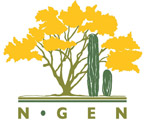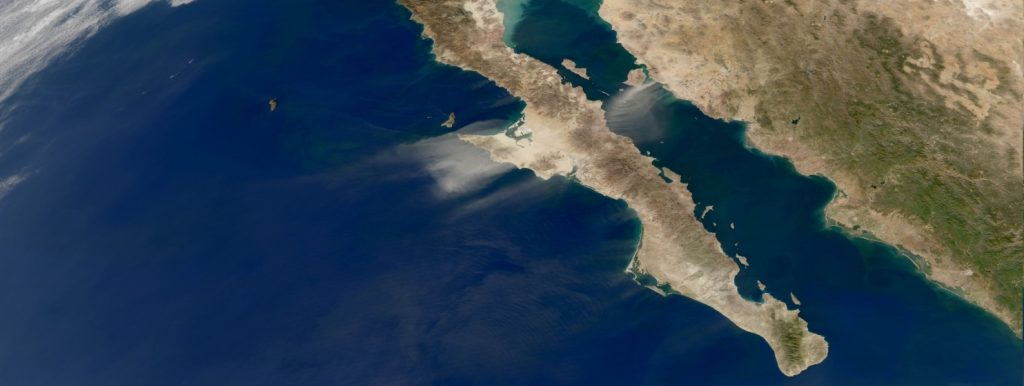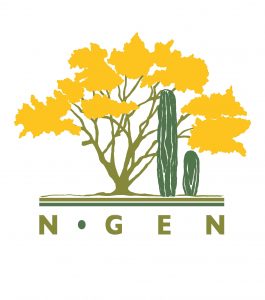XIV CONGRESO DE LA ASOCIACIÓN DE INVESTIGADORES
DEL MAR DE CORTÉS
N-Gen Special Session
La Paz, BCS | 3–7 October 2016
The Asociación de Investigadores del Mar de Cortés (AIMAC) is one of the oldest and most recognized academic organizations in the Gulf of California, and this year it will celebrate its 14th meeting in La Paz, under the topic “New approaches for scientific research, management and conservation in the Gulf of California”. In collaboration with the organizers of the AIMAC meeting, N-Gen will be holding a special session, tentatively scheduled for Thursday October 6th, that highlights the power of collaboration in the Gulf of California. Check out the webpage of the event for further information about the conference: http://www.aimacxiv.org/
AIMAC is able to offer 4 fellowships of $5,000 MXN each to help cover travel and accommodation costs to participate during the special N-Gen session. Selected participants will have registration costs to the conference waived.
Each successful applicant will give a ca. 15-minute presentation highlighting their work and links with the N-Gen network, and participate in a ca. 30 minute discussion with all participants on the future of collaboration and research in the Gulf of California.
Interested applicants must be N-Gen members. Applicants must send an abstract of no more than 300 words that includes name, institutional affiliation and city of residence to nextgensd2012@gmail.com with the subject “N-Gen/AIMAC Special Session” by August 12th, 2016.
Abstracts and presenters should:
- Describe the project/work you will present. Projects that reflect the N-Gen Vision (http://nextgensd.com/) will be given preference.
- Work should be cross-disciplinary.
- Although the abstract could be submitted in English or Spanish, it is expected that the oral presentation will be given mainly in Spanish. Bilingual presenters are encouraged.
- Work related to the marine realm environment is encouraged, although this does include the land-sea interface and the coastal zone.
- Applicants from throughout the Sonoran Desert region are encouraged.





